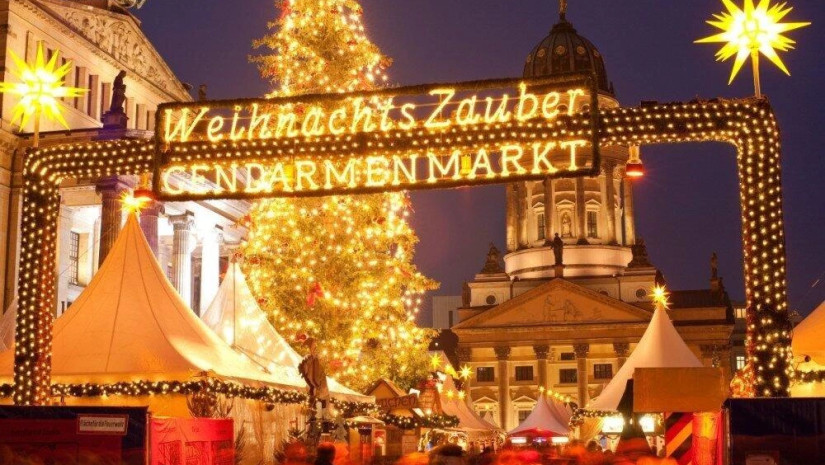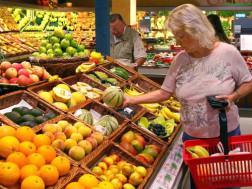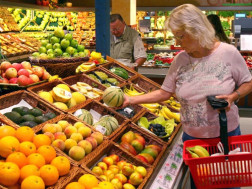For the first time in two years, Germans will hit the Christmas markets on Wednesday, but millions will have to sit this one out due to a number of cities demanding proof of vaccination if people want to enjoy the festivities to the full.
With Germany recording its highest ever daily caseload on Wednesday, the markets, suspended last year due to the pandemic, must now comply with strict safety rules that vary from state to state, with some not accepting a negative COVID test for entrance.
Hamburg is among the most prominent to demand visitors demonstrate proof of vaccination against COVID-19, or provide evidence they have recently recovered from the virus, if they wish to enjoy a mulled wine, a hot chocolate or some gingerbread under festive lights in the city's main square.
Unvaccinated revelers will still be able to peruse the bottle-green stalls selling handicrafts or jewelry, listen to carols, ride on the merry-go-round or admire the nativity scenes.
Germany has one of the lowest vaccination rates in western Europe, with just 67% of the population fully vaccinated, and is currently reporting record caseloads as Europe's largest economy battles a fourth wave of infections.
Some are even questioning the wisdom of having any markets at all as intensive care units fill up once more with COVID patients. Munich's Christkindlmarkt has become the biggest market to be canceled so far.
"The dramatic situation in our clinics and the exponentially rising infection numbers leave me no choice," Munich Mayor Dieter Reiter (SDP) told Bavarian radio.
German football is following a similar path to Hamburg's Christmas market, with this weekend's Berlin derby between Union and Hertha set to take place with only those recently recovered from or vaccinated against, COVID-19, in attendance, the German capital's department for sport has declared.
Also on Wednesday, Germany recorded its highest caseload since the onset of the pandemic.
The Robert Koch Institute of infectious diseases (RKI) registered 52,826 positive tests in its daily update, while 294 people died in connection with the virus.
The seven-day incidence rate in Germany now stands at 319.5 cases per 100,000 people, according to the RKI statistics, which is also the highest it has been since the pandemic began.
















